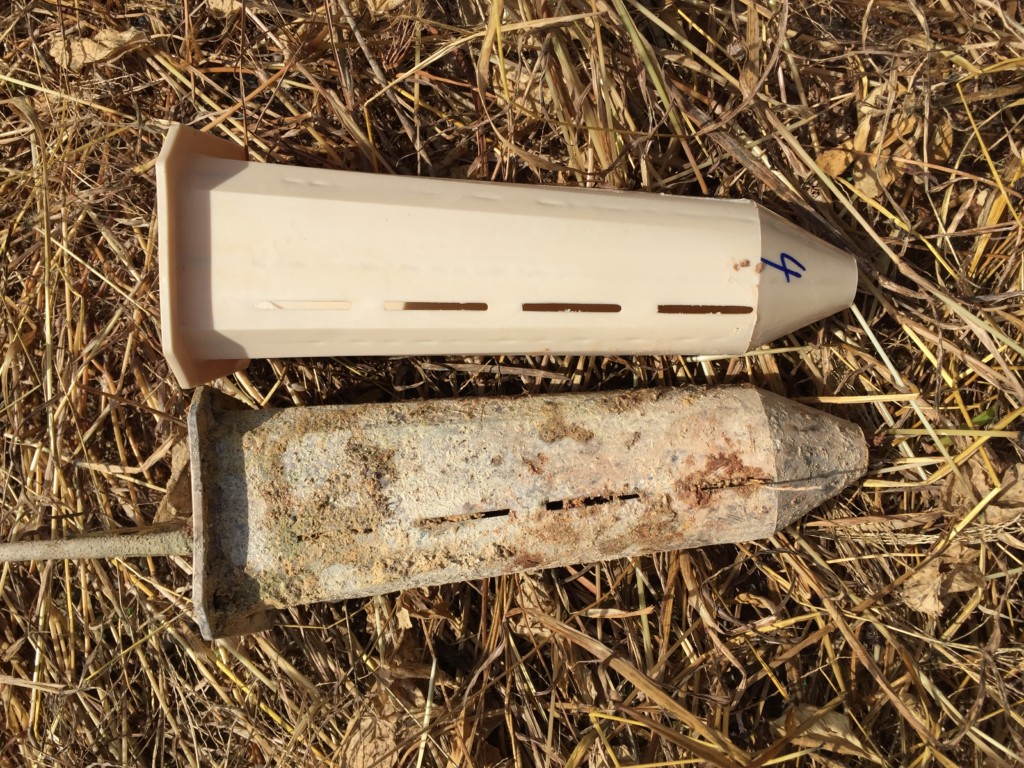Corbion, Global Bio-Polymers, and Maxrich announced their collaboration on the development of a biodegradable root growth container to improve the agricultural efficiency and environmental performance of rubber tree plantations.

Initial trials for new, bio-based and biodegradable root protection cone for rubber trees by Corbion, Maxrich and Global Bio-Polymers have been promising
Natural rubber is a key agricultural product in Thailand. Currently, rubber trees are planted in nurseries, above ground, in either polyethylene (PE) film bags or polypropylene (PP) cones. These containers ensure that the roots grow in a contained vessel, enabling the farmer to transport and plant them easily. Once the mature trees are outplanted, cutting off the bag or cone can damage the root system resulting in yield loss of the final tree crop. The bags or cones are prone to end up left on the land resulting in litter, polluting the local environment and endangering local wildlife.
The bioplastic cone provides an alternative to the existing options and offers the benefits of directed root growth combined with biodegradability at its end of life. There is no need to cut off the container, thus reducing the current root damage yield loss created during container removal when outplanting. The bioplastic cone will be based on Corbion Purac’s Poly Lactic Acid (PLA) along with other biopolymers. The bioplastic compound will be specially developed to match the climatic conditions and needs of both the nursery and the plantation, in various geographical locations in Thailand. The PLA is made from sugarcane grown locally in Thailand, making this a truly circular and local-for-local application.
Corbion, who is on track to build a 75 kTpa PLA plant in Thailand, and Global Bio-Polymers will be jointly developing the custom compounds for the project, whereas Maxrich will produce the containers.